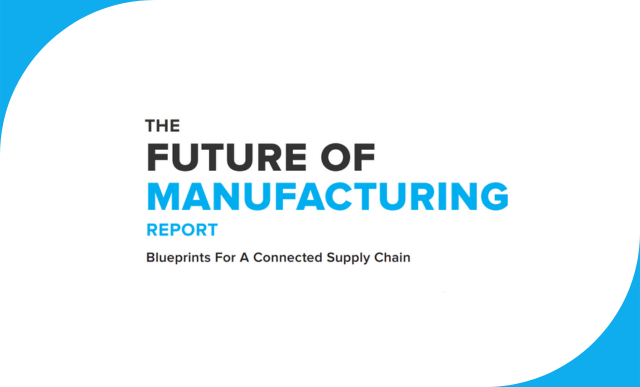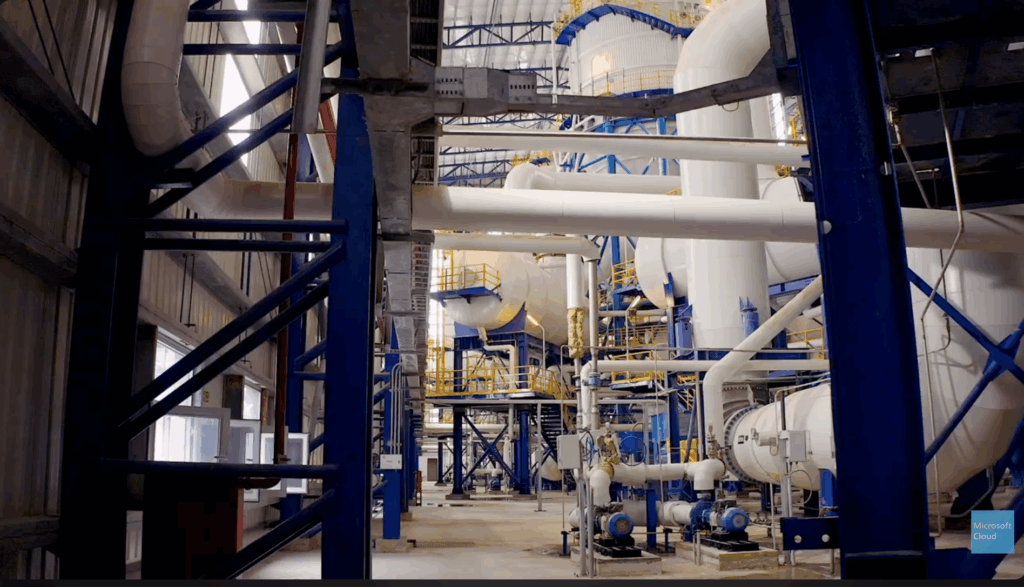SAP Digital Manufacturing Cloud
SAP Supply Chain: Digital Manufacturing Cloud
Market trends are driving changes within manufacturing. It is more important than ever to explore new opportunities with automation and flexible operations for enhanced productivity.
Digital Manufacturing Cloud Defined
Digital manufacturing cloud (DMC) is a cloud-based manufacturing execution system providing a relationship between production and business within supply chain management. It provides the ability to access software from any web browser. DMC optimizes manufacturing performance with integrated production execution, greater visibility, and analysis to meet the high demands of today’s market. By integrating manufacturing and business systems, cost effective and high-quality resources can be used. Some core characteristics are the intuitive user interfaces and modern process-orientated features.
Features include:
- Cloud deployment
- Visibility across the top floor and shop floor
- Key performance indicators and analytics
- Detailed execution of production processes.
Leveraging data helps with performance monitoring. It can detect production-related issues and help trace issues to the root cause, enabling manufacturing operations to be more efficient and scalable. The ability to share information in real time and use advanced analytics to support decision-making is a game changer. It allows traceability, increasing both efficiency and scalability.
SAP Supply Chain: Digital Manufacturing Cloud
Market trends are driving changes within manufacturing. It is more important than ever to explore new opportunities with automation and flexible operations for enhanced productivity.
Digital Manufacturing Cloud Defined
Digital manufacturing cloud (DMC) is a cloud-based manufacturing execution system providing a relationship between production and business within supply chain management. It provides the ability to access software from any web browser. DMC optimizes manufacturing performance with integrated production execution, greater visibility, and analysis to meet the high demands of today’s market. By integrating manufacturing and business systems, cost effective and high-quality resources can be used. Some core characteristics are the intuitive user interfaces and modern process-orientated features.
Features include:
- Cloud deployment
- Visibility across the top floor and shop floor
- Key performance indicators and analytics
- Detailed execution of production processes.
Leveraging data helps with performance monitoring. It can detect production-related issues and help trace issues to the root cause, enabling manufacturing operations to be more efficient and scalable. The ability to share information in real time and use advanced analytics to support decision-making is a game changer. It allows traceability, increasing both efficiency and scalability.
Key capabilities are:
- Harmonized data analytics
- Unified manufacturing modeling
- Integrated manufacturing operations management.
Benefits are:
- Empowered stakeholders to track root causes and enhance manufacturing performance
- Data integration of multiple systems improves visibility and analytics
- Advanced algorithms though machine learning allows root cause analysis for faster insights
- Transparent visibility of production manufacturing to access quality or production issues and reduce risk
- Individualized requirements to improve customer satisfaction
- Optimized use of resources to improve quality and minimize down time.
A solution suite comes with different modules. Organizations can choose the right fit based on their size and industry type. For example, SAP offers DMC for Execution to control the shop floor, while DMC for Insights focuses on performance management and predictive quality across plant locations.
Vendor partners to modernize your digital solution to increase efficiency are: SAP, Accenture, or NTT Data Business Solutions.
Key Considerations for SAPinsiders
- SAP Workloads are Moving to the Cloud. Robert Holland shares his insights on business drivers behind the transformation into the cloud.
- Evolve your Manufacturing Execution System (MES) into a Digital Twin — in the Cloud. Kumar Singh shares this article explaining what a manufacturing execution system is.
- Optimize your Manufacturing Plant by Implementing an MES for Shop Floor Data Collection and Automatic Data Transfer to ECC. Sasa Mitrovic at Summit Global Associates shares insights for common use cases and best practices during implementation.













